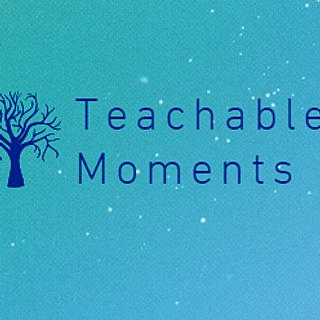Society and Disability
- Chelsea C
- Oct 13, 2016
- 3 min read
Many individuals know disability as a condition that limits one’s physical/mental abilities or being in the condition of being unable to do things in the “normal” way. So then we ask ourselves, what is “normal?” What is disability? Why are we even asking these questions?
Disability is the inability to see the ability in other individuals. Whether that disability range from mild to severe, a lot of the general population create many assumptions on the disabled community. Therefore, when they are to meet someone who is “different” or not “normal,” with a limitation, their expectations are quite low or they ignore the situation altogether. It’s an uncomfortable topic and not many individuals understand how to react. Personally, I have grown up in a household with a disabled sibling. I may not know my sister’s exact experience in her life, but I do know of her thoughts she has relayed upon me. I also know of how people react to our situation when we go out or go to the store. In my experience, the situation is full of either ignorance or overcompensation. In ignorance, people avoid communicating because they don’t know what to say or what to do and that is understandable. It’s uncomfortable for them. Another route taken by many, is overcompensating for one’s disability by trying to help with everything or “dumb things down,” (as in talking as if the individual is a child) depending on what the disability is. Mind you, that this still occurs despite the age. For our family my sister is in her mid-twenties and it still happens. This particular situation occurs most often and I’ve concluded that this happens because society assumes their mental capacity only goes to a certain level. Therefore, they can only understand “x” amount. Although this assumption is one of my largest pet peeves, it’s an aspect of those who honestly don’t really understand the disability or the individual who has it.
Leading me into another important perspective of the public to know of, is that some individuals know nothing at all about disability or the community. This results in staring and the slight slap on your hand by your parents with them saying “Don’t stare it’s not polite.” Although your parents are correct in it not being polite, it’s out of confusion or general curiosity. As a person being raised with a disabled family member, it was very difficult to go out in public without feeling watched as a family. As the years went on, I eventually told my mother how tired I was of people staring at us and how rude it was for people to just keep darting their eyes our way. With the wonderful mother I have, she made sure to remind me how not everyone understands our situation or even understand how disability works with certain individuals. Which is why they stare. It may not necessarily be okay, but it is only because those who only understand the “normal” don’t understand what they see as “abnormal”.


Comments